
Karoun Oil, Gas Company Boosts Output

"Of the total, 11 were developmental and 24 repair wells," Mohsen Dahanzadeh was also quoted as saying by the National Iranian Oil Company's news portal on Saturday.
According to the official, more than 179 wells have also been overhauled in the period.
Dahanzadeh said the firm's output has risen by as many as 50,000 barrels per day and KOGPC is currently pumping close to 1 million and 50,000 bpd.
The company's CEO further said, "Using modern equipment like mobile oil treaters (MOTs) has helped the company not only to safeguard the ecosystem but also to prevent 77,000 barrels of crude from burning daily."
While drilling, repairing, acidizing and testing oil wells in Iran, a large amount of oil usually accumulates in a pit and is burned. This has several adverse economic and environmental impacts, including air and soil pollution that can be minimized with the help of MOTs. Oil spills penetrate into the soil and can have harmful consequences for the environment.
MOT is a system for eliminating acid, gas, water, salt, sand and silt from crude oil and for injecting it into the pipeline during the drilling, repairing, acidizing and testing of oil wells.
This equipment, which includes a pump station, separation, injection and desalting units, can also be utilized for oil wells with different oil properties. As is known from its name, this device is mobile and it is possible to utilize it on any needed oil well and then easily transfer and install it on another one.
According to Dahanzadeh, KOGPC is responsible for running seven exploitation units, seven desalination units in Asmari and Bangestan as well as 10 gas boosting pressure stations. Moreover, it handles three gas and liquefied petroleum gas plants, a gas sweetening refinery, a crude oil pump station and two MOTs.
"Half of KOGPC's oil output is delivered to Abadan and Tehran refineries, and the rest is sent to Kharg Island's terminals for export. The company also provides Mahshahr and Bandar Imam Khomeini petrochemical plants with their much-needed feedstock," he said.
Asked about Ahvaz Oil Desalting Complex, he noted that the facility is the biggest in the Middle East and its completion will increase the quality of oil output in West Karun oilfields in the southern Khuzestan Province.
According to Dahanzadeh, three major oil desalting projects have been launched at Mansouri Oilfield in Khuzestan Province with a processing capacity of 75,000 bpd as well as two desalting units at Lab-Sefid and Haft Shahidan oilfields with processing capacities of 30,000 bpd and 55,000 bpd respectively.
The purpose of desalting is to remove impurities, especially salts and water, from crude oil prior to distillation.


Column: EU’s pledge for $250 billion of US energy imports is delusional
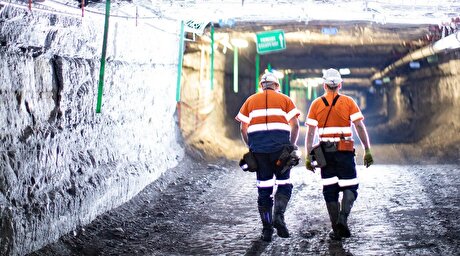
Anglo American posts $1.9B loss, cuts dividend
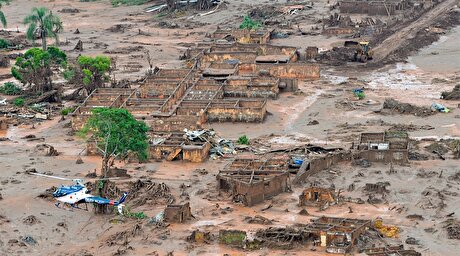
BHP, Vale accused of ‘cheating’ UK law firm out of $1.7 billion in fees

Ramaco Resources secures five year permit for Brook rare earth mine in Wyoming

Southern Copper expects turmoil from US-China trade war to hit copper
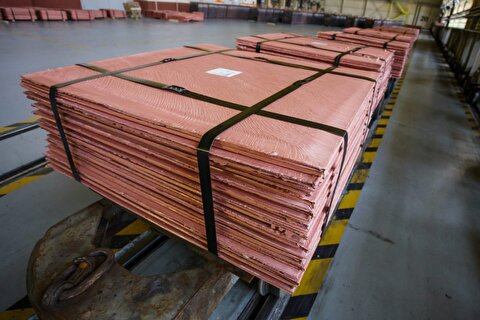
Trump tariff surprise triggers implosion of massive copper trade

Eldorado to kick off $1B Skouries mine production in early 2026

St Augustine PFS confirms ‘world-class’ potential of Kingking project with $4.2B value

Newmont nets $100M payment related Akyem mine sale

Caterpillar sees US tariff hit of up to $1.5 billion this year
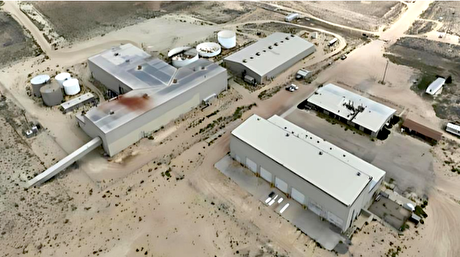
Uranium Energy’s Sweetwater plant on fast track for in-situ mining approval
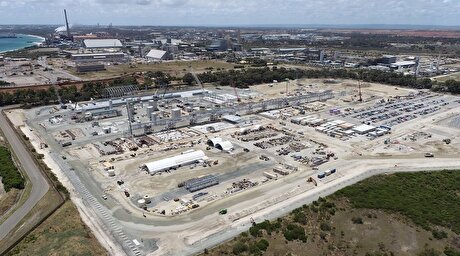
Tianqi Lithium Australia JV says it is prioritizing long-term viability of refinery

First Quantum scores $1B streaming deal with Royal Gold
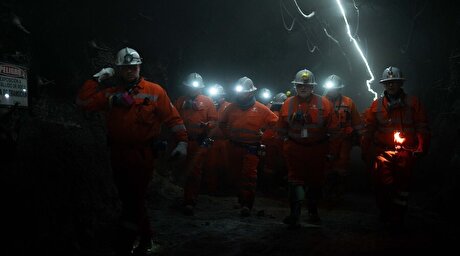
One dead, five missing after collapse at Chile copper mine

Eldorado to kick off $1B Skouries mine production in early 2026

Newmont nets $100M payment related Akyem mine sale
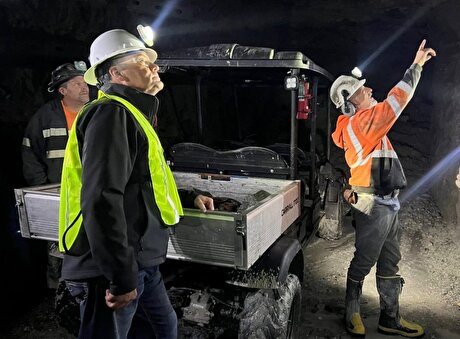
Idaho Strategic rises on gold property acquisition from Hecla

Goldman told clients to go long copper a day before price plunge

Gold price rebounds nearly 2% on US payrolls data

Caterpillar sees US tariff hit of up to $1.5 billion this year

Uranium Energy’s Sweetwater plant on fast track for in-situ mining approval

Tianqi Lithium Australia JV says it is prioritizing long-term viability of refinery

First Quantum scores $1B streaming deal with Royal Gold

One dead, five missing after collapse at Chile copper mine

Eldorado to kick off $1B Skouries mine production in early 2026

Newmont nets $100M payment related Akyem mine sale

Idaho Strategic rises on gold property acquisition from Hecla

Goldman told clients to go long copper a day before price plunge














